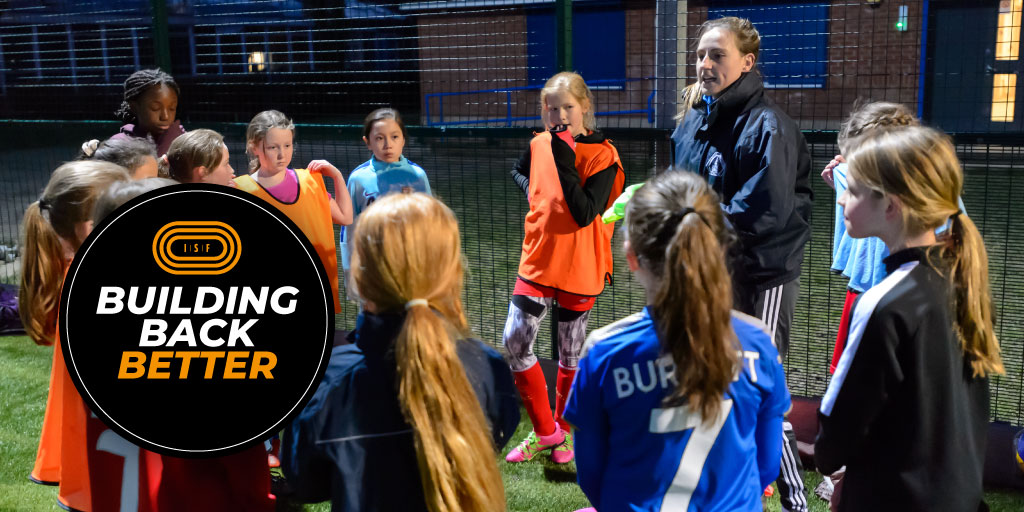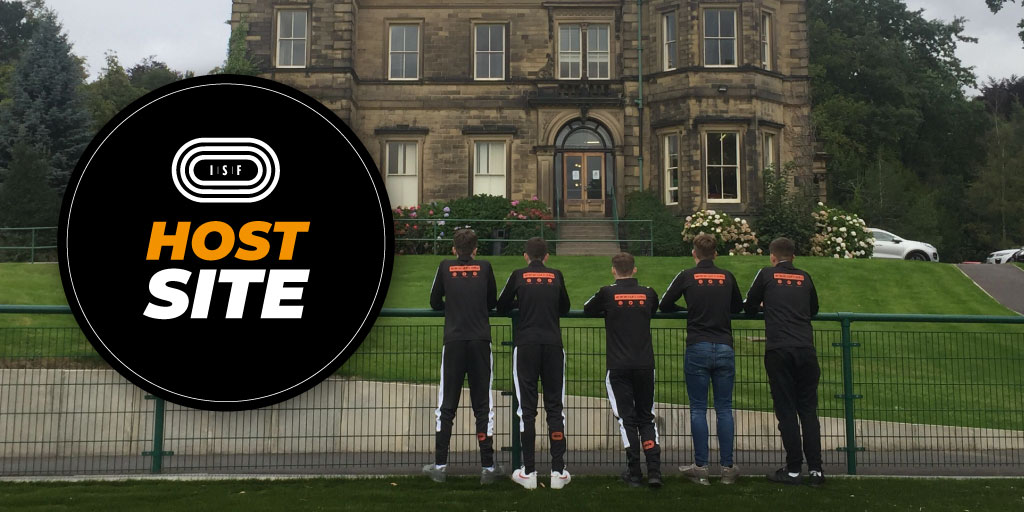Last week, Chancellor Sunak laid out his vision for the nations’ spending in the Autumn Budget. The physical activity sector tentatively welcomed the Budget, for its sound investment in the HAF programme against holiday poverty and improving community facilities. Yet, there were some areas where the sector can build resilience against future challenges, and they weren’t given the attention that they deserved.
Recognition has poured in from across government as to the great benefits there are in fitness and physical activity. With rising poverty, stresses on the employment sector, the NHS, and social care, a pathway through developmental activity, sport and fitness has not yet been realised.
According to a ukactive survey, less than a third of adults are as fit as they would like to be. That means that just under a third of adults aren’t meeting their health and fitness targets and need more support. These adults are parents who are struggling with childcare, employees whose workloads or work environments don’t allow for a focus on fitness, or those who are impoverished or unemployed and stuck looking for avenues out of their predicaments.
Physical activity provides a range of different values to the sector. Improving community facilities gives people who don’t like or can’t afford gyms or other paid subscriptions somewhere to go for regular exercise. It provides venues for professionals to train with clients and places for people to socialise in healthy active ways.
Childcare can be radically changed when government cooperates with the sector proactively. Not only can the sector provide wraparound care and holiday camps for young people, but it can take a huge stress off parents who are trying to find affordable childcare. Removing some of the stresses of parenting can be hugely beneficial to their wellbeing, giving them opportunities to take time out for fitness, healthy eating and other errands that can make their home lives run more smoothly.
As a developmental tool, activities and sports can be a pathway towards better focus, improvement in academics and better employment opportunities. Grassroots clubs, activities companies and sports coaching learning centres are proof of how many avenues there can be if we capitalise on the impact of sports. We can utilise unused school facilities throughout the holidays and even weekends to capitalise on these avenues and help to improve our community cohesion.
Within a formula of wider approaches, the physical activity sector can provide renewed benefits in preventative fitness to help bolster resilience to illnesses. The additional social value to a healthier population can include improved life satisfaction, subjective wellbeing, improved educational attainment and reduced crime. Better connectivity within the sector is integral to joining up policy and providing a collective response to future challenges.








